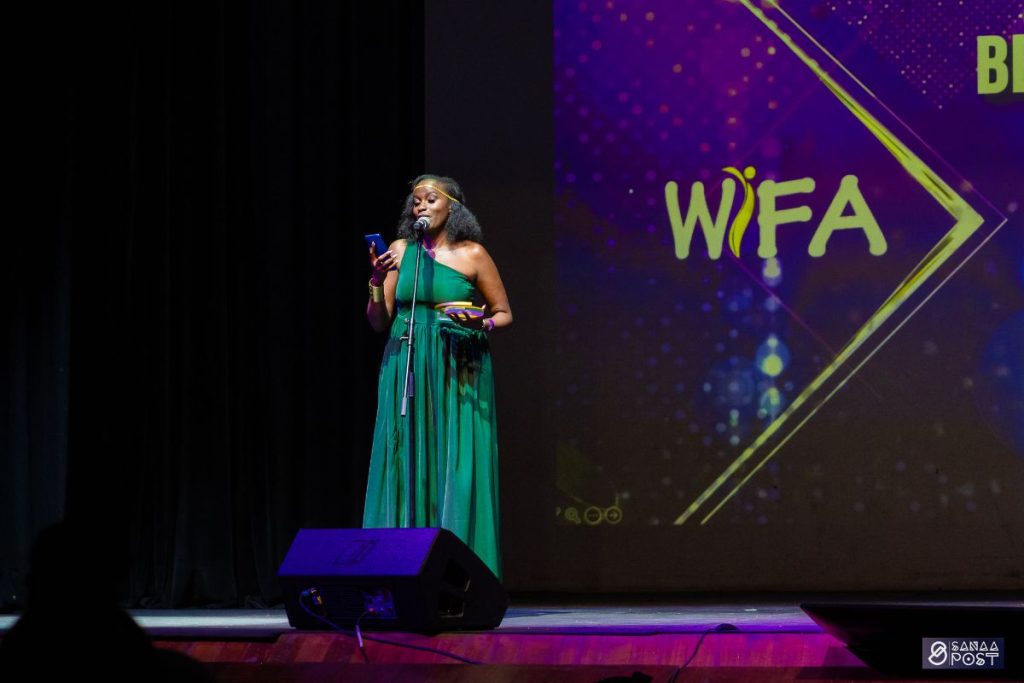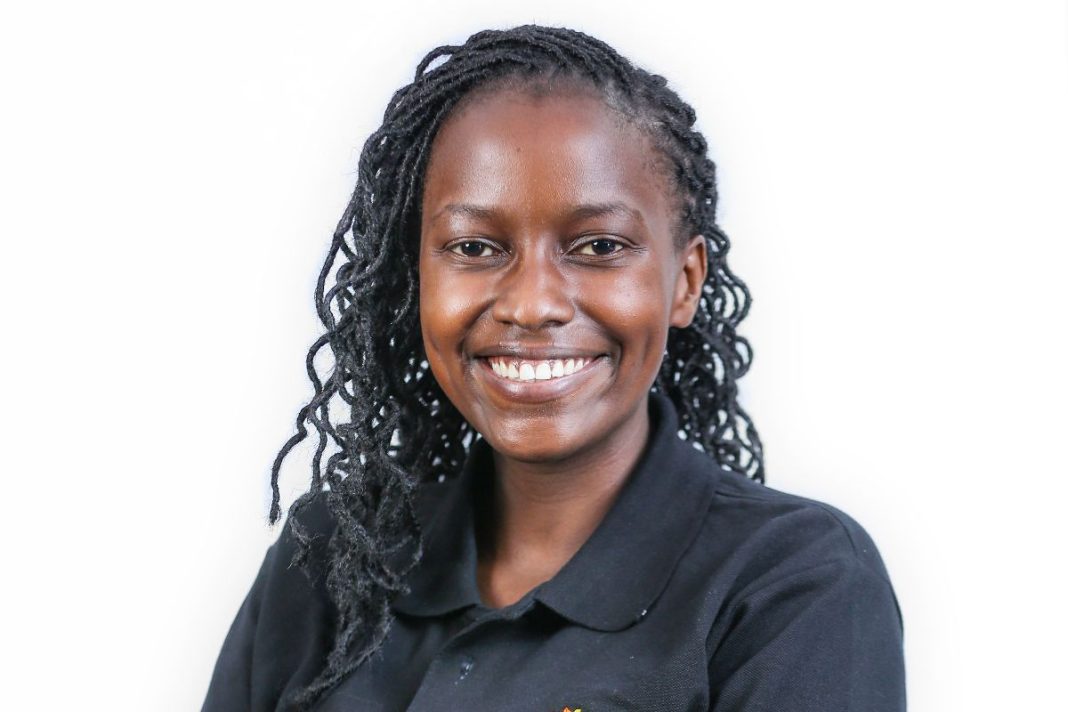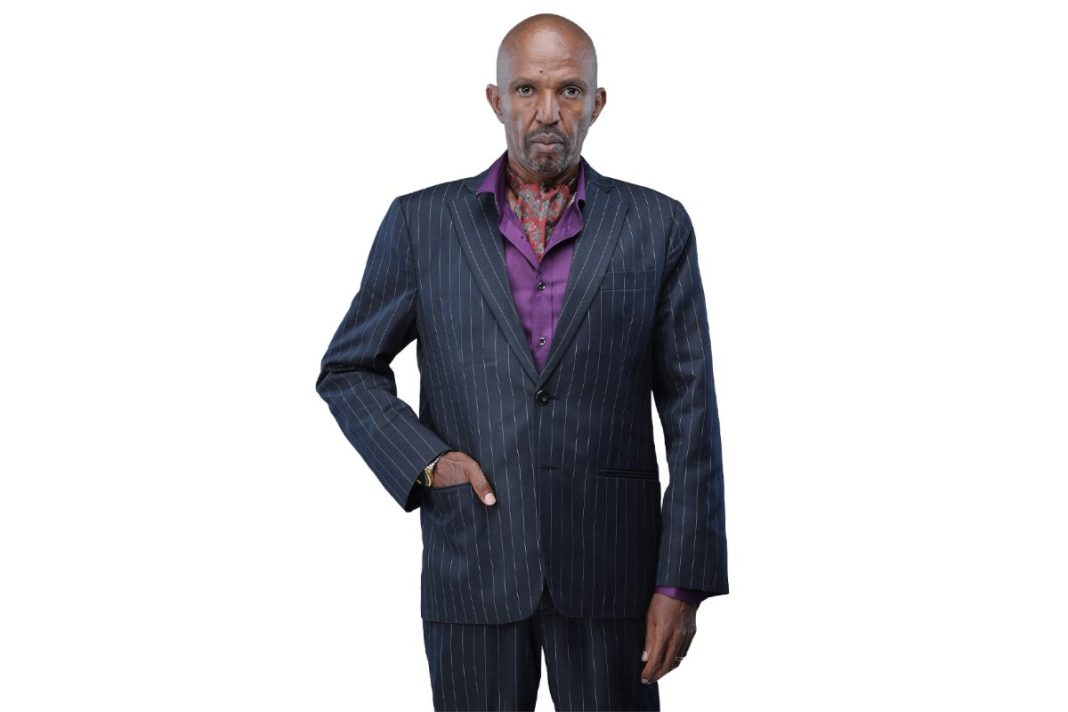The African film and television industry has experienced a quiet revolution over the years, led by creatives who are reshaping what leadership looks like behind the camera. Audrey Tanya is one of those voices.
A passionate producer, award-winning storyteller, and proud alumna of the MultiChoice Talent Factory (MTF), Audrey’s journey is quite conventional.
It’s a story of courage, conviction, and a deep-rooted commitment to telling African stories with truth and excellence. From her early beginnings navigating the Kenyan media landscape to producing deeply moving works like My Little Warrior, Audrey has consistently chosen growth over comfort.
As an alumna of the MultiChoice Talent Factory (MTF), Audrey notes the programme sharpened and ignited her passion for the craft. A fire that led to nominations at the Kalasha Film & TV Awards, a win at the WIFA Awards, participation in international labs like Red Sea Lodge, and the founding of her own production company, Jenga Visuals.
But her story isn’t just about accolades. It’s about resilience. About choosing storytelling as both a calling and a business. About showing up, even when imposter syndrome whispers otherwise.
In this deeply personal Q&A with MultiChoice Kenya, Audrey reflects on her defining moments at MTF, the projects that have shaped her, and why now, more than ever, she believes the world is finally turning its eyes and ears to Africa. Here are the interview excerpts:
MULTICHOICE KENYA: What inspired you to join MTF, and how did it shape your career vision?
AUDREY: At the time, I had worked two jobs in the industry, but deep down, I felt like I could be better. I needed more; more knowledge, more skill, more challenge. I knew the only way to evolve was to intentionally sharpen my craft, so I applied to join MTF. Being part of MTF was like stepping into a room full of mirrors. Suddenly, I could see myself and my potential from angles I’d never considered. It reshaped how I saw storytelling, not just as a passion, but as a business, a responsibility, and a powerful tool for change. It expanded my vision, taught me the value of collaboration, and reminded me that growth is never accidental but always a choice.
Can you share a defining moment during the MTF programme when you felt “the world isn’t ready for your excellence”?
We were tasked with creating a short documentary as a campaign for the COVID-19 vaccine. I had this clear vision of excellence in my head, but imposter syndrome started creeping in. I remember asking myself, “Can I pull this off the way I imagine it?” But then My Little Warrior was born. Not only did I finish it, but it went on to be nominated at the Kalasha Film & TV Awards and the Focus on Ability Film Festival. That moment was a divine reminder: I can do all things through Christ who strengthens me. When I lean into purpose, trust the process, and honour the story, beauty flows. That’s when I realized that maybe the world isn’t ready… but I’ll keep showing up anyway.
What drove you to create My Little Warrior, and what message did you aim to share?
At the time, misinformation about the COVID-19 vaccine was rampant, and I even believed some of it. Then I met Joyce, a beautiful mother to an equally beautiful boy, Nathan, who lives with cerebral palsy. When Nathan got COVID, Joyce, who had taken the vaccine, was able to care for him without getting infected. That story moved me deeply. I realised it wasn’t just a story about a vaccine but about love, resilience, and the quiet strength of caregivers. My Little Warrior became a celebration of caregiving, sacrifice, and the everyday heroism we often overlook.
When producing Stinger, what challenges did you face, and how did you overcome them?
Oh, Stinger! Let’s just say producing that film kept me on my toes. One moment stands out: mid-shoot, a cast member suddenly quit. We’d already shot some of her scenes, so panic was real. But this is where adaptability becomes your superpower. I huddled with my AD, reshuffled the day’s schedule, and recast the role. By afternoon, the new actress was on set, in wardrobe, and ready. It reminded me that production isn’t about perfection but about leading with calm, pivoting fast, and trusting that the story must go on.
How did your Bollywood internship award at Zee World shape your mindset, even though you didn’t get to attend?
Winning that award was a thrill. I was so ready to soak in Bollywood brilliance, but life had other plans. The dates shifted and clashed with my wedding. So, I chose love. Though I didn’t make it to India, the recognition itself affirmed me. It told me, “You’re seen. You’re capable.” And that confidence followed me into every project. Sometimes, the opportunity isn’t in the place, it’s in the affirmation.
Compared to MTF, how did international exposure, like the Red Sea Lab, transform your style?
Being part of international labs like Red Sea Lab has been deeply transformative. Surrounded by brilliant creatives from around the world, I gained perspective. I saw how different industries structure their processes, value collaboration, and approach storytelling. It made me sharper, more intentional, and more precise. But beyond technique, it lit a fire in me to pour that knowledge back into my work, and into the Kenyan industry. My dream? That one day, someone across the world will say, “I want to be like them.”
Congratulations on your WIFA win! What did it mean to you?
Thank you! Just being nominated meant the world. It told me that someone, somewhere, saw the work, the risk, the long nights, and said, “These matters.” Winning was just the icing on top. It affirmed that I’m on the right path, that my stories matter, and that I should keep showing up with courage, faith, and excellence.

What’s next for you in terms of new projects, a company, maybe your own series?
The mission is clear: keep telling African stories; authentically, intentionally, and with excellence. Right now, we’re developing Nkanai, a culturally rich feature film currently incubated at the Red Sea Lab. We’re also preparing for the production of Fisherwoman, a documentary supported by Docubox, set for September 2025. With Jenga Visuals, our company is also expanding into corporate documentaries, where we are looking forward to partnering with brands that have meaningful stories to tell. The vision is to keep building and keep amplifying African voices.
As a Kenyan filmmaker, what excites you most about the future of African storytelling?
We’re finally being seen. The world is looking to Africa, and the spotlight is on. It’s thrilling, but we’re just getting started. My dream is for deeper collaboration between African regions. East, West, North, South, we each bring something powerful. When we tell our stories together, we’re unstoppable. Because no one tells our stories like we do.
How do you hope to influence more female representation behind the camera?
I’m actively living this out. We’re currently producing PAA – Sky Girls Season Four with an all-female crew. That’s not just symbolic – it’s intentional. I want to create spaces where women don’t just show up, but lead. Where they’re trusted, mentored, and uplifted. When women are behind the camera, the lens widens, the stories deepen, and the industry becomes richer.
Your MTF bio said you wanted to master the “business of TV & film.” How’s that going?
MTF opened my eyes to the business side of how ideas become pitches, and pitches become deals. I’ve since been part of several industry labs: DFMI, Great Lakes Creative Producers Lab, Some Fine Day Pix, and now Red Sea Lodge.
These have helped me grow both creatively and strategically. I’ve learned that thriving in film requires heart and hustle, vision and business.
How do you get your stories seen across platforms like Showmax, festivals, or streaming?
Visibility starts in pre-production. If you wait until post to market your film, it’s already too late. My strategy includes building buzz via festivals, moving into theatrical releases, and eventually landing on streaming platforms. I also treat social media as my co-producer; it bridges the story to the audience and builds a community before we even call “Action!”
What advice would you give to young producers struggling to access opportunities like MTF?
Rejection is part of the journey. I’ve had many “no’s” and they stung. But every no taught me something. So, keep applying. Keep growing. Keep refining your craft. Ask yourself, “What can I learn from this?” Your time will come. And when it does, it’ll be worth it.
How can other MTF alumni “pay it forward” and grow Africa’s storytelling ecosystem?
By giving back. Mentor. Hire interns. Create safe, respectful, enriching spaces. And most importantly, stop gatekeeping. Sometimes, all someone needs is a bit of guidance. Share what you know. You never know, your knowledge could be someone else’s breakthrough. Let’s lift as we climb. That’s how we build a storytelling industry that thrives for generations.






